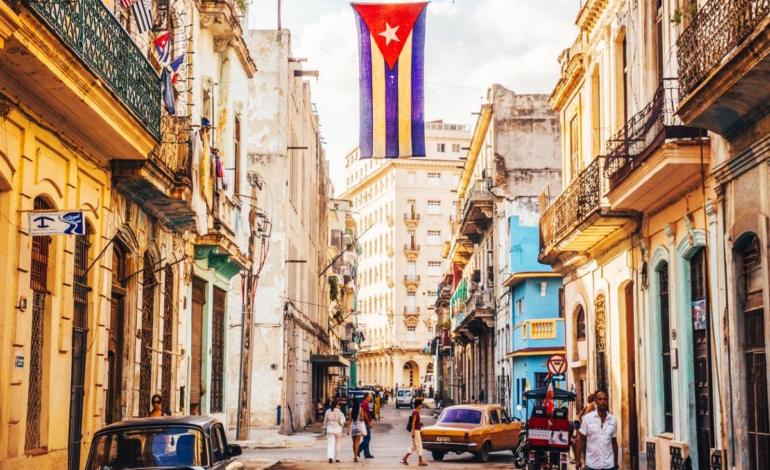
Avellon Williams
HAVANA – Cuba’s economy is struggling to recover from months of pandemic-related slumber as tourists stay away, possibly derailing the government’s plans to revive the economy.
Despite the coronavirus pandemic that slashed output, causing food shortages, power outages, and the largest anti-government protests since Fidel Castro’s 1959 revolution, the communist-run island has been betting on tourism to fuel 4% economic growth this year.
Cuba, unlike many of its regional neighbors, may have erred on the side of caution in response to COVID-19. Up until mid-November 2021, the country kept its borders generally closed, with a few exceptions, and vaccinated the majority of its citizens.
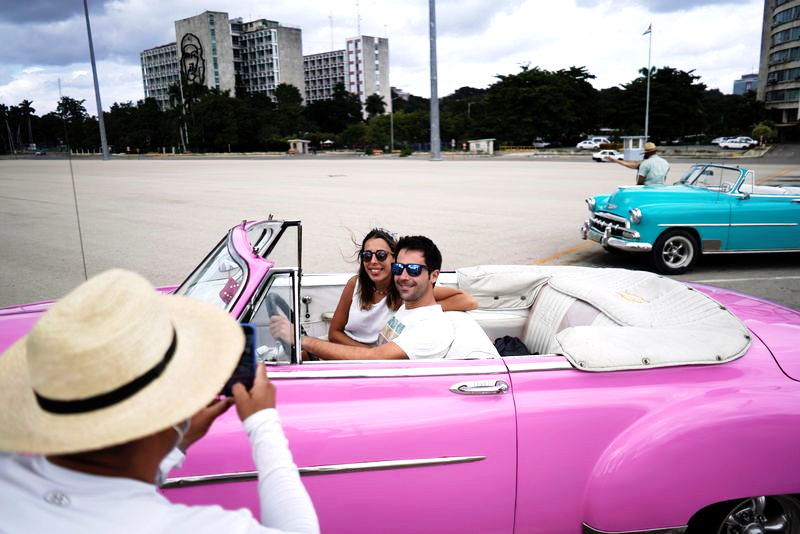
The decision resulted in Cuba receiving 67% fewer visitors in 2021 than in 2020 and less than 10% of the 4.3 million in 2019, official data shows. According to the United Nations World Tourism Organization, tourist numbers in the Caribbean rebounded by 63% in 2021, but Cuba remained largely off-limits.
After the border reopened, data indicates there has been a slow return of travelers to Cuba. Just 84,000 tourists visited Cuba in January, a popular month for travel to the Caribbean, down 80% from about 394,000 in 2020. That’s far below the pace required to reach Cuba’s goal of 2.5 million visitors in 2022.
Cuba’s ailing and inefficient economy may still suffer further if its beaches and hotels remain empty. It relies on tourism, which accounts for 10% of GDP, to purchase necessities such as food and medicine.
In an interview with Reuters, independent experts and Cuban tourism operators agreed that Cuba will struggle to recover lost ground due to U.S. restrictions that have virtually eliminated travel between Cuba and the large U.S. market.
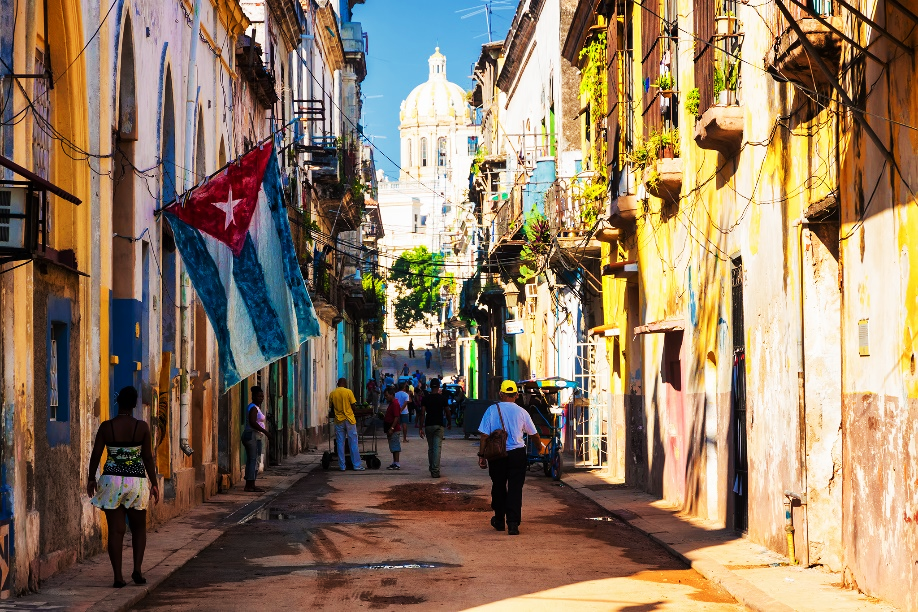
As part of his campaign to take a harder stance on Cuba, U.S. President Donald Trump halted cruise ship dockings, restricted flights, and blacklisted several hotels and other entities.
Cuba’s heavy-handed response to protests last year has drawn a sharp rebuke from the administration, despite the tourism industry’s hopes that Joe Biden would revoke the sanctions.
Paolo Spadoni, an expert on Cuban economics at Augusta University in Georgia, said the news about the protests, the reaction, and the economy were likely also delaying the return of tourists from outside the U.S.
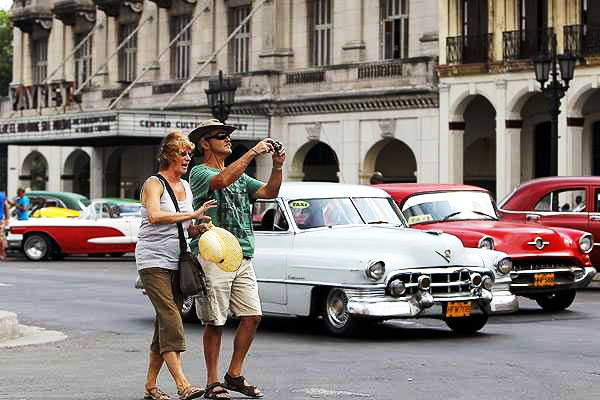
Canadians and Latin Americans, both frequent visitors to the island, are included, he said.
“All those negative headlines didn’t help Cuba attract a greater number of tourists,” he said.
A request for comment on this story was not immediately returned by the Cuban government.
In downtown Havana, Pablo Perez, 53, sells artisan crafts to tourists. He said the bad news in the wake of the epidemic unfairly condemned Cuba.
“It has hurt us economically,” said Perez.
“The cruise ships are gone. Many hotels have been built but are still empty due to the decline in tourism.”
Despite this, Spadoni argues that Cuba has always been seen by travelers as an off-the-beaten-track destination.
“Cuba is an exciting, once-in-a-lifetime destination for many, and with the pandemic, people will seek out the familiar, safe places and will not take risks,” he said.
“We can now hope that the headlines will improve in Cuba now that it has competitive (health) protocols.”



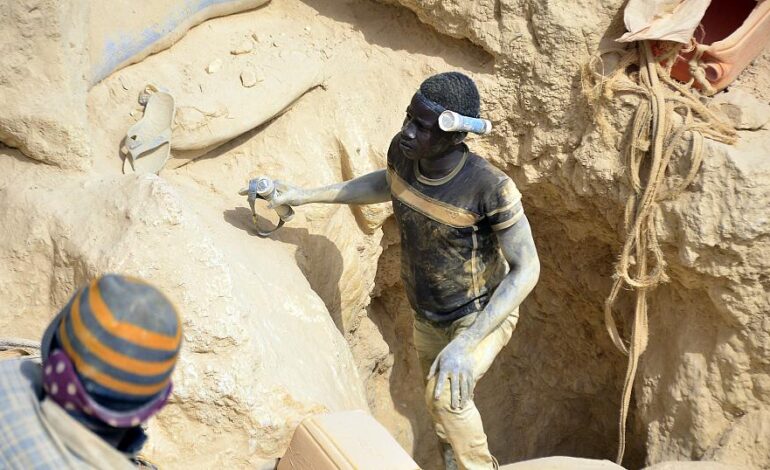

Recent Comments